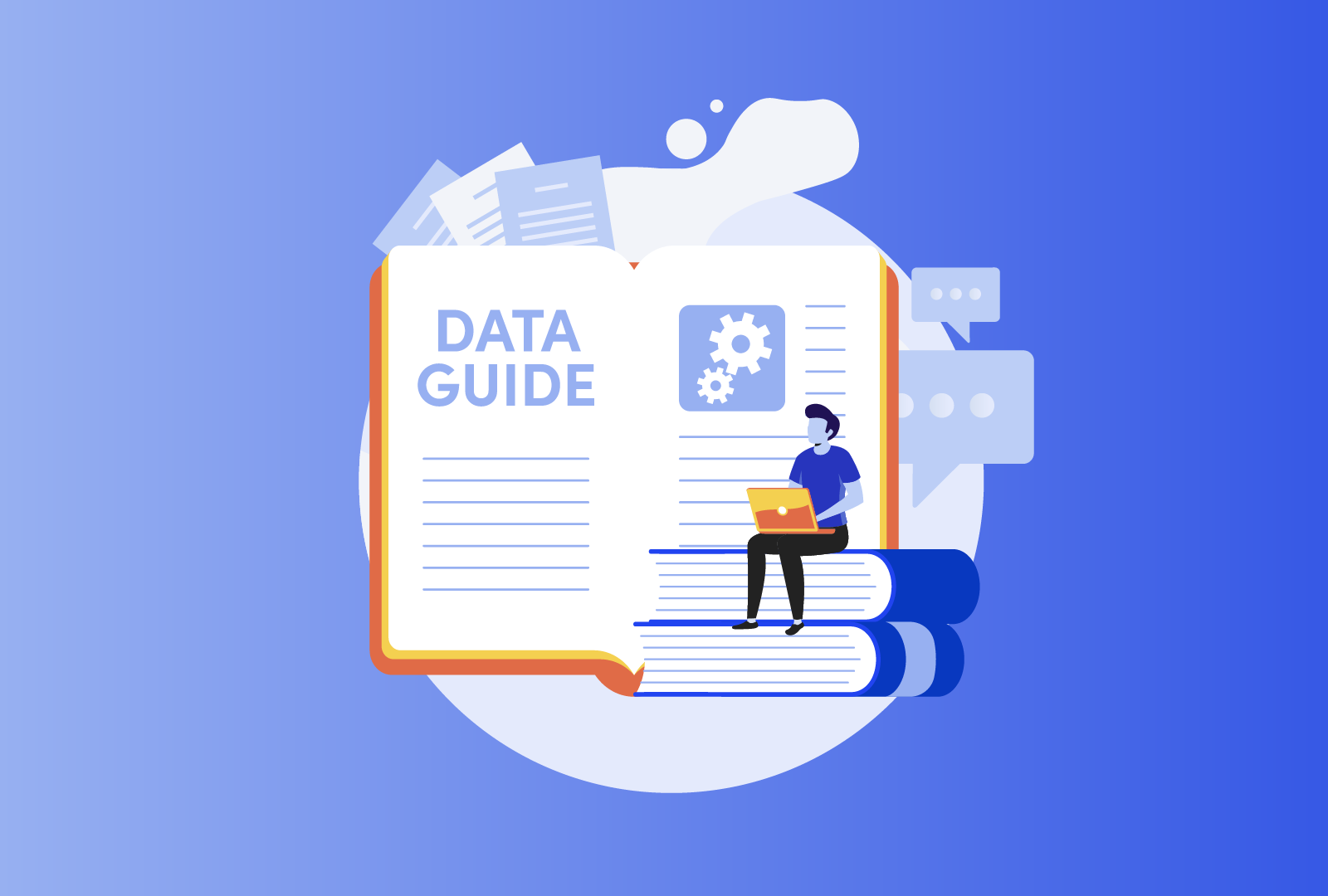Artificial Intelligence (AI) is often cited as a core technology of the 21st century. As the backbone of the rising AI economy, this innovation brings excitement and concern, particularly regarding data protection.
Concerns include anxiety about AI autonomy, being out of the sphere of human control, and worries about data protection law, human rights, and dignity. They arise particularly due to biases, an escalating power imbalance in favor of those who control AI, and ongoing forms of surveillance.
Navigating AI’s Future While Prioritizing Personal Data Protection
At the Eurasian Data Protection Congress, the European Data Protection Supervisor (EDPS) Wojciech Wiewiórowski, European Data Protection Supervisor, shared that “AI” is often used more as a trendy keyword than a purely legal concept. This becomes an issue when trying to create adequate definitions for the purpose of data protection law.
Countless international organizations, including the Council of Europe Ad Hoc Committee on Artificial Intelligence (CAHAI), the European Commission’s High-Level Expert Group on AI (AI HLEG), AI Watch, OECD, UNESCO, and several others, acknowledge the complex nature of defining AI for regulatory purposes. The overarching nature of the term “AI,” which includes various existing and future technologies, adds to the complexity.
Key Considerations for Data Protection Specialists in the AI Landscape
Is data protection legislation relevant to AI? According to the report “Artificial Intelligence and Privacy” by the Norwegian Data Protection Authority, data protection law becomes applicable in two scenarios:
- When the development of AI systems uses personal data and
- When AI is utilized to analyze or make decisions about individuals.
Data protection legislation is applicable if personal data is involved at any stage in the AI development process. Katharina Koerner CIPP/US further explains this pivotal point in her discussion on the relevance of data privacy laws in AI.
The Clearview AI case serves as a key example, highlighting the applicability of data protection laws in cases involving sensitive personal data.
What are the Principles of AI and Personal Data Protection?
Data protection principles form the peak of the privacy legal framework. However, AI’s core nature challenges these fundamental principles.
Lawfulness, fairness, and transparency principles encounter challenges associated with biases in AI technology, leading to unfair and discriminatory outcomes, along with a lack of transparency and explainability, also known as the “black-box effect.” This effect stems from the difficulty of explaining the logic of the system’s decision-making and how inputting information correlates with output decisions.
Likewise, principles of data minimization and purpose limitation are also put to the test as most AI systems, particularly those based on Machine Learning (ML), are dependent on huge quantities of personal data.
The Imperative Role of Data Protection Rules in Governing AI
While the challenges to personal data protection posed by AI may seem substantial, it’s essential to consider the broader societal impacts rather than short-term technological benefits.
AI technologies can potentially put the breaks on privacy at an alarming rate, giving rise to new forms of surveillance and predictive algorithms. This could possibly lead to a personal data breach and human rights violations.
The Conception of Responsible AI
Responsible and human-centric AI is proposed to address the previously mentioned challenges. Multitudes of governance guidelines on trustworthy AI capture this concept, published by several international bodies.
The Crucial Role of Privacy Professionals
In this evolving scenario, privacy professionals have a significant role. They bridge privacy and technology, ensuring privacy implications are considered during every development phase to prevent a potential personal data breach.
Thus, upholding privacy norms in the advent of AI is a prime responsibility for these professionals, ensuring human rights and dignity are protected as we transition into the AI-dominated era.






Comments are closed.